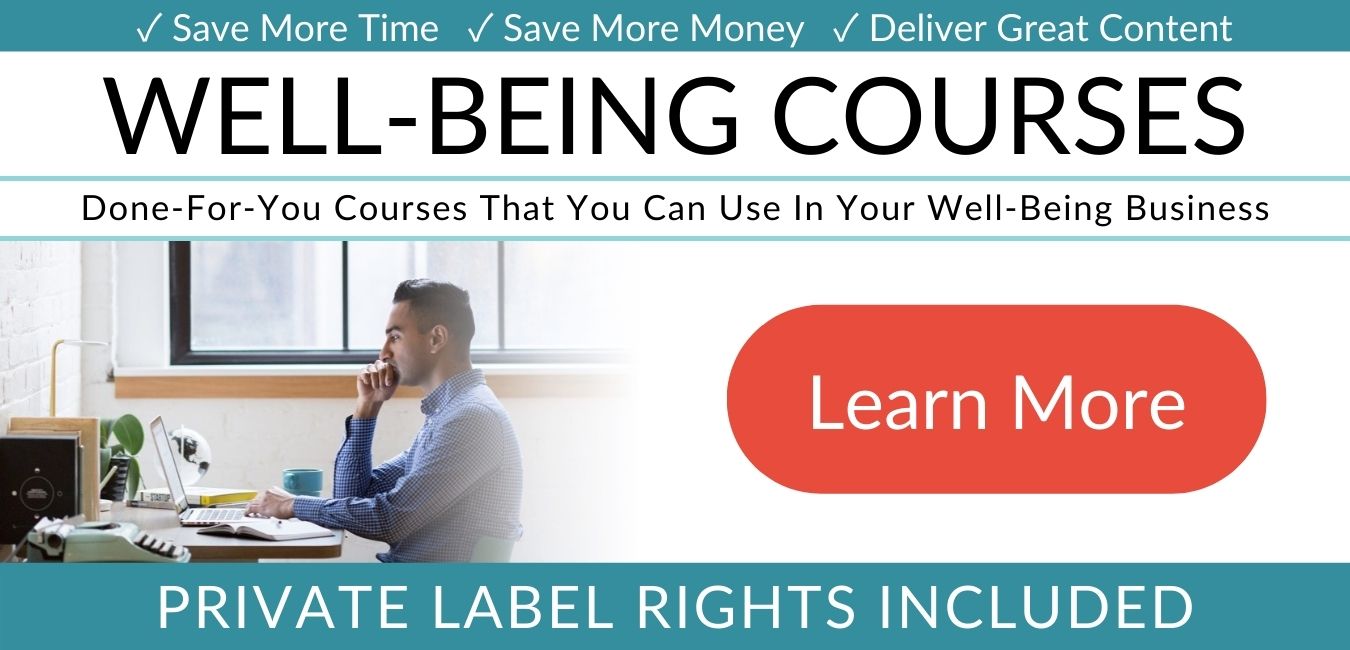Emotional Wellness: Definition + 20 StrategiesWhat is emotional wellness (or emotional well-being)? And what can you do to make your emotions more enjoyable? Here are the best, science-based emotional wellness strategies.
*This page may include affiliate links; that means I earn from qualifying purchases of products.
What Is Emotional Wellness?Emotional wellness (or emotional well-being) is defined as the ability to successfully handle life’s stresses, adapt to difficult times, and thrive. Emotional well-being is at one end of the spectrum of emotional experience while emotional ill-being is at the other end. So there is no specific cut off point where suddenly we become emotionally well. Rather, when we strive for emotional wellness, we aim to shift ourselves up the spectrum, hopefully to a point where we are thriving, happy, and are flourishing in life.
How Do We Experience Emotions?Emotions are natural things. For example, we all experience emotions like sadness, anxiety, and anger. But the way we feel our emotions can actually be quite different. For some of us, emotions are stronger, last longer, or have a bigger impact on our health. Others may experience some emotions far more often than other emotions. For example, in depression, people often feel sad more, and in anxiety disorders, people often feel worried more.
How Do We Increase Emotional Wellness?Increasing our emotional wellness is not about stopping or avoiding emotions. Those emotions have a right to exist. Emotional wellness is more about learning to understand our emotions so we can work with them better, regulate emotions, and recover from negative emotions more quickly. That means increasing emotional wellness is entirely possible—we just have to build some key emotional skills.
So what skills do we need to build our emotional wellness? Here are some of the best things to do: Are You a Therapist, Coach, or Wellness Entrepreneur?
Grab Our Free eBook to Learn How to
|
Are You a Therapist, Coach, or Wellness Entrepreneur?
Grab Our Free eBook to Learn How to Grow Your Wellness Business Fast!
|
Terms, Privacy & Affiliate Disclosure | Contact | FAQs
* The Berkeley Well-Being Institute. LLC is not affiliated with UC Berkeley.
Copyright © 2024, The Berkeley Well-Being Institute, LLC
* The Berkeley Well-Being Institute. LLC is not affiliated with UC Berkeley.
Copyright © 2024, The Berkeley Well-Being Institute, LLC



